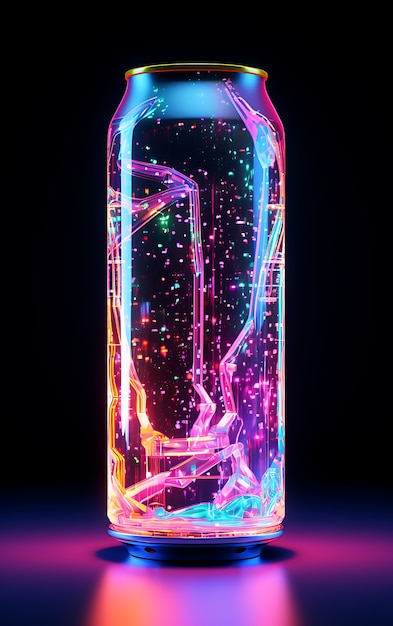The Disappointing Reality About Energy Drinks
Energy drinks aren’t just for college students pulling all-nighters. Nowadays, people of all ages are turning to these beverages as substitutes for water, soda, and coffee. Here are some important facts about energy drinks that you should know.
Energy Drinks Are Marketed to Kids
No matter your age, energy drinks are terrible for your body! The Academy of Pediatrics advises kids and teens to avoid them entirely due to serious health risks. However, this warning doesn’t deter advertisers. A recent study found that energy drinks are heavily marketed on TV channels aimed at teens and kids. As these kids grow older, this marketing could lead to binge drinking. Energy drinks are often mixed with alcohol, and teens who mix the two are four times more likely to binge drink.
Energy Drinks Are Portrayed as Buzz-Producing Drugs…and Kind of Are
If you can’t start your day without a cup of coffee (or two, maybe even three), you’re likely craving caffeine. Energy drinks are packed with caffeine, and there’s concern about what this high caffeine content does when mixed with other ingredients. Scientists are still unsure about the effects of caffeine in these drinks, so do you really want that in your body? One study suggests that kids who drink energy drinks are 66 percent more likely to be at risk for hyperactivity or other attention issues. Is that buzz really worth it?
Energy Drinks Ruin Athletic Performance
After consuming an energy drink, athletes might feel stronger, more powerful, and more resistant. However, this is mainly due to the high caffeine content. The other ingredients in energy drinks don’t provide more energy than a soda would. Instead, you might experience increased insomnia, nervousness, and overstimulation in the hours following competition, which could ultimately sabotage your athletic performance.
Energy Drinks Are Bad for Your Heart
There are many reasons why energy drinks are harmful, but this one might be the most concerning. Energy drinks are popular during exercise and at clubs, leading many people to consume them one after another. This can result in caffeine intoxication and potential heart issues, such as angina (chest pain), cardiac arrhythmia (irregular heartbeat), and even sudden death.
One Final Thought
Energy drinks might even be contributing to societal issues. A recent study suggests that boys who consume energy drinks at least weekly spend about four additional hours per week playing video games. But it’s not just about gaming; teens who drink energy drinks are more likely to engage in other negative behaviors like smoking or binge drinking, as mentioned earlier.

